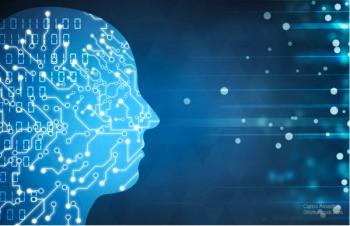
A Psychiatric Times point/counterpoint feature on electroconvulsive therapy elicited strong responses.

A Psychiatric Times point/counterpoint feature on electroconvulsive therapy elicited strong responses.

This new FDA order now allows patients who need and want ECT, as well as practitioners who perform it, to breathe a sigh of relief.
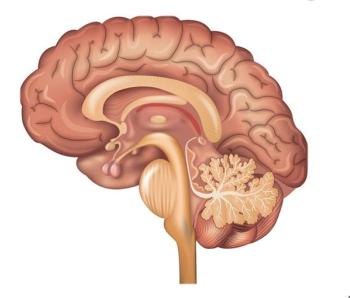
The recent increase in suicides highlights the urgent need for better treatment of severe depression. ECT is an intervention proven to reduce suicidality, yet it is underused because of the associated stigma.
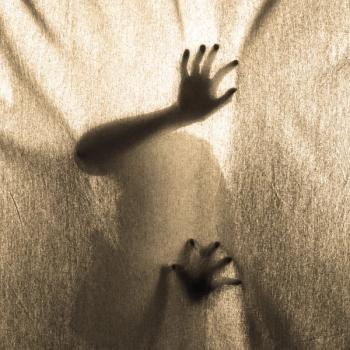
ECT has been found effective in mitigating the deleterious consequences of SIB.
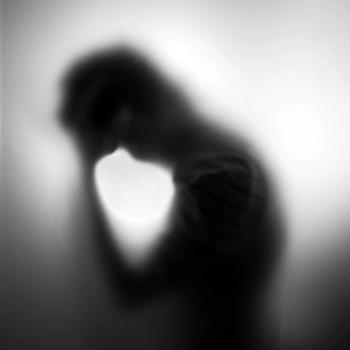
For ethical and economic reasons, when patients are acutely ill with catatonia and melancholia, ECT is best considered sooner rather than later.
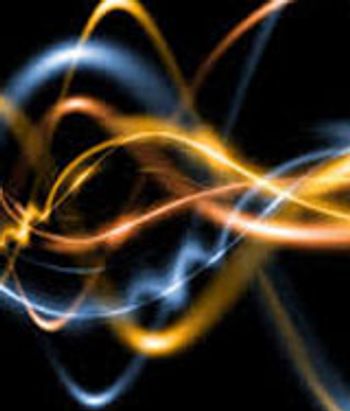
Simply telling patients “we don’t know how ECT works” neglects our abundant knowledge of what this treatment does. The authors review biological actions of ECT and discuss future directions for research.

This review covers recent advances in ECT technique, post-ECT management, and theories of mechanism of action. It will focus on the use of ECT in depression, the most common indication for ECT in clinical practice.
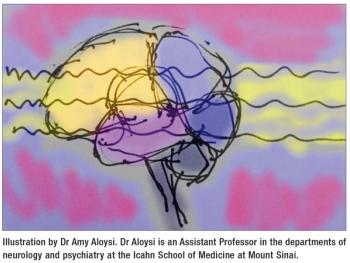
Some recent breakthroughs, using newly developed neuroscience investigational tools, suggest that if research resources are available, we could soon make substantial advances in understanding the mechanism of action of ECT.

The authors review the clinical use of ketamine as the anesthetic induction agent in ECT and discuss the evidence that it augments antidepressant response and reduces cognitive adverse effects.

Catatonia-a syndrome of disturbed motor, mood, and systemic signs (eg, rigidity, immobility, mutism, staring, posturing, waxy flexibility, echopraxia, echolalia, and stereotypies)-has led to the clarification of its appropriate treatment.

For patients with treatment-resistant depression-especially geriatric patients-ECT is a viable treatment option . . . one that should no longer be relegated to the option of last resort.

Here we discuss how advancements in anesthesia techniques and ECT procedures make ECT more comfortable and tolerable for patients.
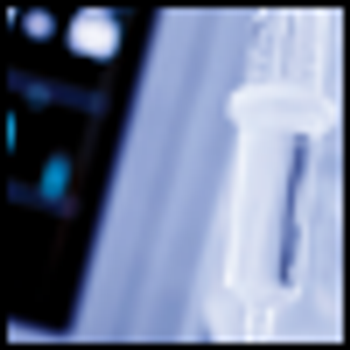
Simple, standardized protocols ensure that ECT can be provided safely and comfortably in many facilities, with consistent anti-depressant results and a favorable adverse-effect profile.
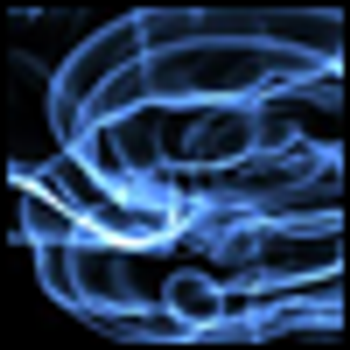
A balanced review of the safety and efficacy of ECT is needed, which does not mean weighing anecdotal reports of memory loss equally with systematically collected clinical data.

ECT is making something of a comeback because it remains a paragon of efficacy amidst other relatively disappointing treatments.
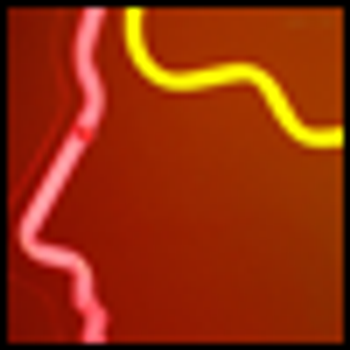
ECT, like abortion, is surrounded by controversy and strong opinions on both sides. Fortunately, for those of us who practice ECT, the discussion is not quite as heated nor the risks as high as for our colleagues in ob-gyn.

Dr Stone's vivid description of the military's abusive use of ECT 50 years ago -- while compelling to read from an historical perspective -- should in no way be confused with ECT today.

Despite these divergent books, it is important to avoid characterizing ECT as controversial. The Shorter-Healy and Dukakis books should dampen the controversy, because they characterize ECT as a safe, effective, and important treatment that psychiatry almost forgot. With its emotion-laden accusations and name-calling, the Andre book will inflame opinions.

The overall effectiveness of electroconvulsive therapy (ECT) is well known, but its speed of action is much less talked about. Here I review what is known about the time course of action of ECT in depression.

While ECT remains a remarkably safe and effective treatment for severe depression, its broad application has been hampered by concerns-both perceived and real-about its cognitive effects.5 Worries about memory loss make some patients reluctant to undergo this therapy and some practitioners reluctant to refer patients for it. Within the field of ECT itself, there has been tension for some years between the wish to maximize (the already excellent) antidepressant and antipsychotic efficacy of ECT and the competing wish to minimize any effects on memory.

Here I will discuss several examples of recent, reasonable depictions of ECT in the media, and I will suggest how they could represent a shift in the way that this “controversial” therapy is regarded. I use the word “controversial” advisedly, because even on the day I write this, a newspaper article on deep-brain stimulation, in which ECT is described, reads: “New reports this month show that some worst-case patients-whose depression wasn’t relieved by medication, psychotherapy, or even controversial shock treatment-are finding lasting relief.

Prognostication is a major part of what physicians do in many fields of medicine, and it is particularly relevant when a treatment or procedure is controversial or anxiety-provoking. Being able to accurately tell a prospective ECT patient how likely he or she is to respond would be helpful.

Published: December 26th 2013 | Updated:

Published: May 9th 2014 | Updated:
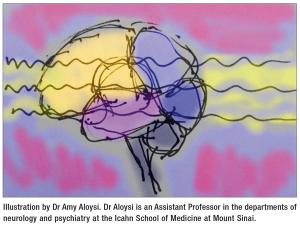
Published: January 22nd 2015 | Updated:
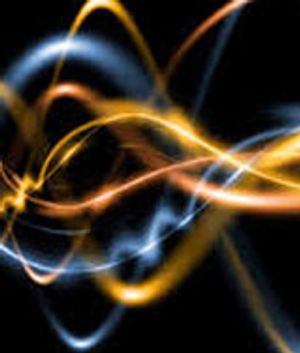
Published: July 30th 2015 | Updated:

Published: August 26th 2015 | Updated:

Published: August 12th 2010 | Updated: